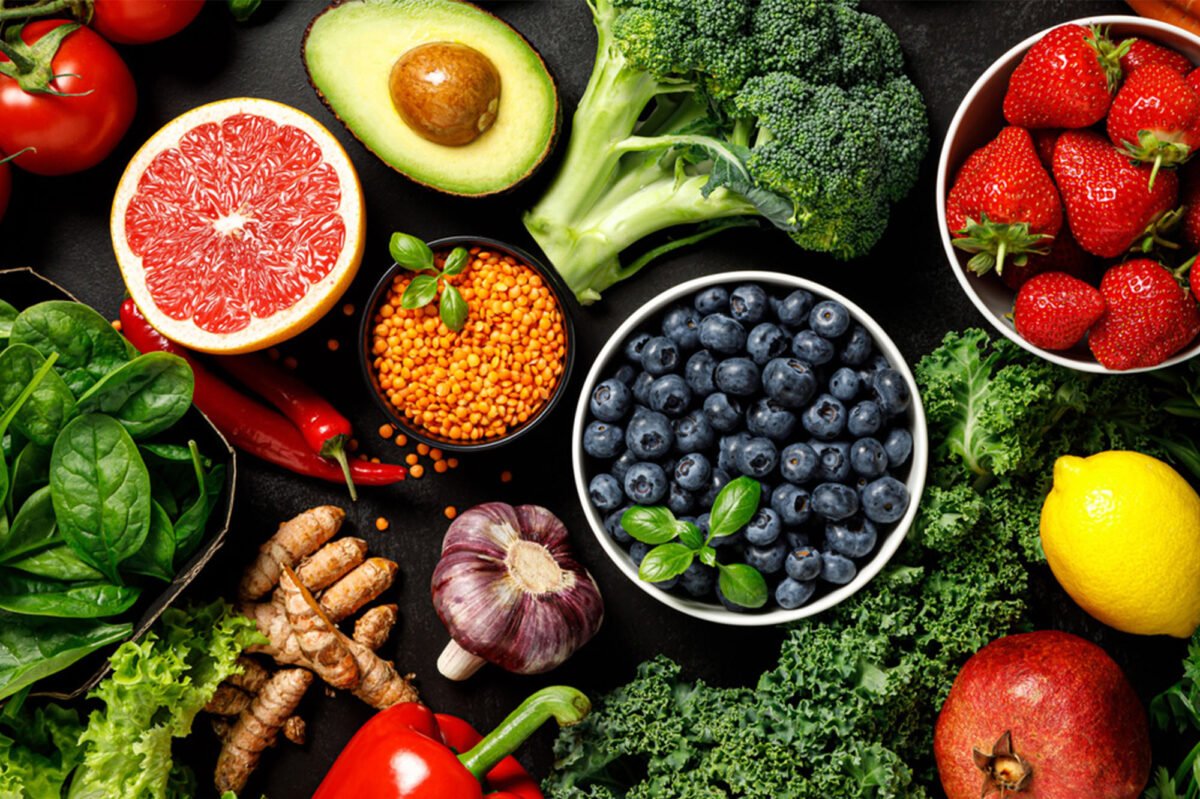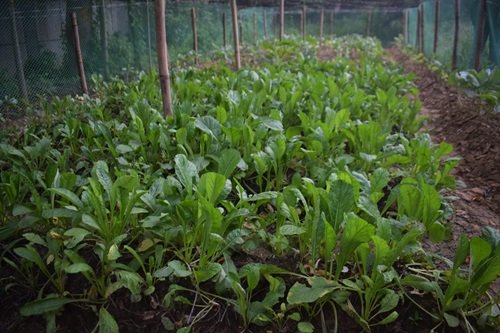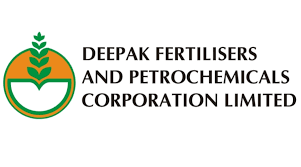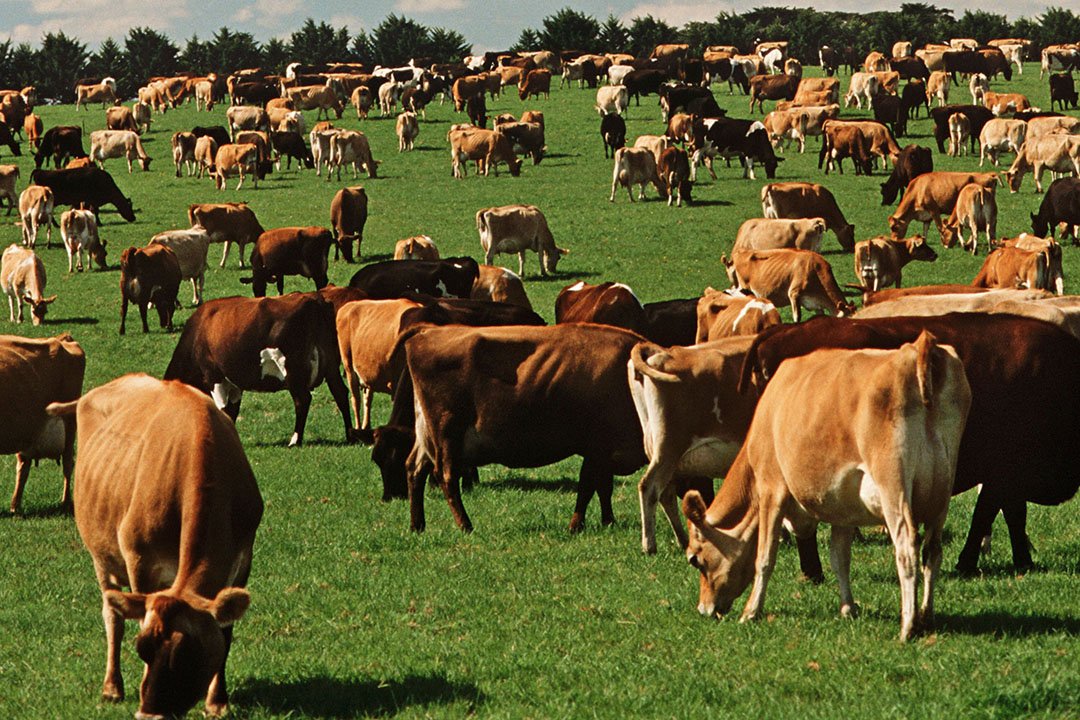ICRISAT, Bihar Govt and Local Partners advance food security through Centre of Excellence for Millets in Gaya
The initiative aims to produce 20,000 kg of millet seed in 2024-25 and plans to expand further as on-ground capacity continues to grow.
With a groundbreaking focus on food and nutrition security, the Bihar Centre of Excellence for Millets Value Chains is harnessing scientific innovation to unlock the full potential of millet production in the state.The initiative aims to position Bihar as a leader in sustainable agriculture, enhancing crop resilience and supporting livelihoods for millions. Trials of various millet types have been conducted at multiple sites, identifying the top-performing varieties ‘lines’ for expanded trials in 2024 / 2025. As on date, 150 farmers have participated in millet seed production across 34 hectares, and improved seed and training have been provided to over 140 farmers.
The initiative aims to produce 20,000 kg of millet seed in 2024-25 and plans to expand further as on-ground capacity continues to grow.
Speaking from ICRISAT HQ, Global Research Program Director for Accelerated Crop Improvement Dr Sean Mayes said that millet cultivation in Bihar remained limited with only around 8,700 hectares under production, yielding approximately 11,200 tons annually. “In recent years, farmers have faced restricted access to diverse and high-performing millet varieties, which this initiative aims to address through targeted research and innovation. We know this will have a direct impact on food and nutrition security for the most vulnerable in the state, particularly for women and children,” said Dr Mayes.
To support smallholders, the Centre has also introduced on-site millet processing demonstrations, new mechanization tools, and field days, reaching over 1194 farmers including 240 women, with plans for two permanent secondary processing sites in Bihar. A model farm at Mayapur features rainwater harvesting and optimized irrigation and stands as an inspirational resource for local farmers to adopt resilient millet practices.
The Centre is taking further practical steps across six work packages that span the entire millet value chain—from germplasm enhancement and robust seed systems to mechanization, farming systems featuring rainfall storage, product innovation, and market linkages.
ICRISAT’s Interim Director General, Dr Stanford Blade, applauded the Government of Bihar, Dr Rajendra Prasad Central Agricultural University and Bihar Agricultural University, and ICRISAT teams, and project partners for their progress in advancing the state’s vision for millet development. The Centre is set to reshape Bihar’s food systems, with ICRISAT and its partners directly addressing the state’s food and nutritional security needs, supporting farmer resilience, and establishing a sustainable foundation for agricultural growth.
The initiative aims to produce 20,000 kg














